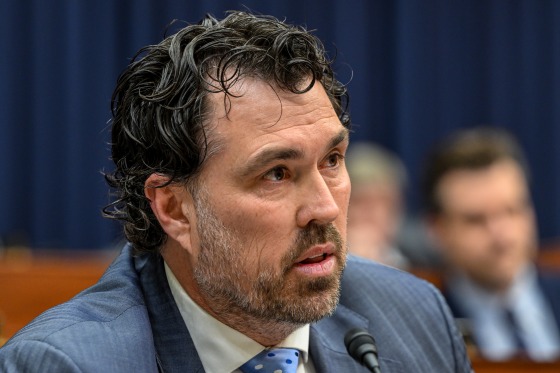VA Overpayment: What Veterans Need to Know in 2025
Navigating veteran benefits is challenging, but VA overpayment brings extra stress for many former service members. These overpayments occur when the Department of Veterans Affairs issues more money than a veteran should receive. In 2025, rising concerns about the scope and impact of these mistakes make it crucial for veterans to understand their options if they ever face a sudden debt notice.

What Is VA Overpayment?
VA overpayment happens when veterans receive more benefits than they are eligible for. This can result from administrative errors, delayed updates to personal information, or miscalculations in determining benefit amounts. For example, failure to notify the VA about changes in marital status or dependents can lead to excessive benefit payments.
How Big Is the Problem?
Recent data shows this issue is both recurring and worsening. In fiscal year 2024 alone, the VA overpaid nearly $1.4 billion to veterans. According to a report by NBC News, the total overpayments from 2021 to 2024 topped $5.1 billion, creating significant financial strain for thousands of veterans and their families. Lawmakers are pushing for answers and reforms on why the VA continues to overpay and then demand repayment from veterans. To read more, see Congress pushes VA to explain why it regularly overpays veterans and then asks for the money back.
Common Causes of Overpayment
Several factors lead to VA overpayment:
- Administrative mistakes: Errors in processing benefits or inputting data.
- Veteran’s delayed reporting: Not updating the VA on life changes, such as divorce or dependent status changes.
- Legislative changes: Recent updates, like those from the PACT Act, have increased confusion and processing errors.
A comprehensive look at ongoing issues in the benefit payout system can be found in VA errors in benefits payouts down, but still total more than $1.3B by Military Times.
The Veteran’s Burden
Receiving a VA overpayment notice is alarming, especially for those living paycheck to paycheck. Some veterans accrue unexpected debt through no fault of their own. As reported by Stars and Stripes, inadequate training and unprepared claims processors have contributed heavily to the problem. Learn more in the article Some veterans accruing debt from overpayments in VA benefits.
What Should Veterans Do if Notified of an Overpayment?
- Carefully review the notice: Confirm that the details are accurate.
- Contact the VA: If you believe there is a mistake, respond quickly. The VA can review and possibly adjust the overpayment amount.
- Apply for a waiver: In certain circumstances, veterans may not have to repay the full amount if the overpayment was not their fault and recovery would cause financial hardship.
- Stay proactive: Regularly update personal information with the VA to prevent future errors.
Preventing VA Overpayment in the Future
Prevention starts with good communication. Veterans should notify the VA about any change in dependents, marital status, income, or eligibility. Staying informed about policy changes, such as those involving new toxic exposure benefits, also helps.
The VA is striving to improve automation, staff training, and transparency. But the large number of beneficiaries and significant dollar amounts involved mean that some mistakes will persist. Veterans can reduce their risk by keeping records updated and monitoring their benefit status closely.
Conclusion
VA overpayment is an ongoing challenge that can result in serious debt and financial anxiety for veterans. By understanding the causes and taking steps to address issues early, veterans can protect themselves. Lawmakers and federal agencies are working to fix systemic problems, but vigilance at the individual level remains crucial. Stay informed, double-check your records, and seek help if you receive an overpayment notice.
For further updates and veteran benefit resources, consider reading: